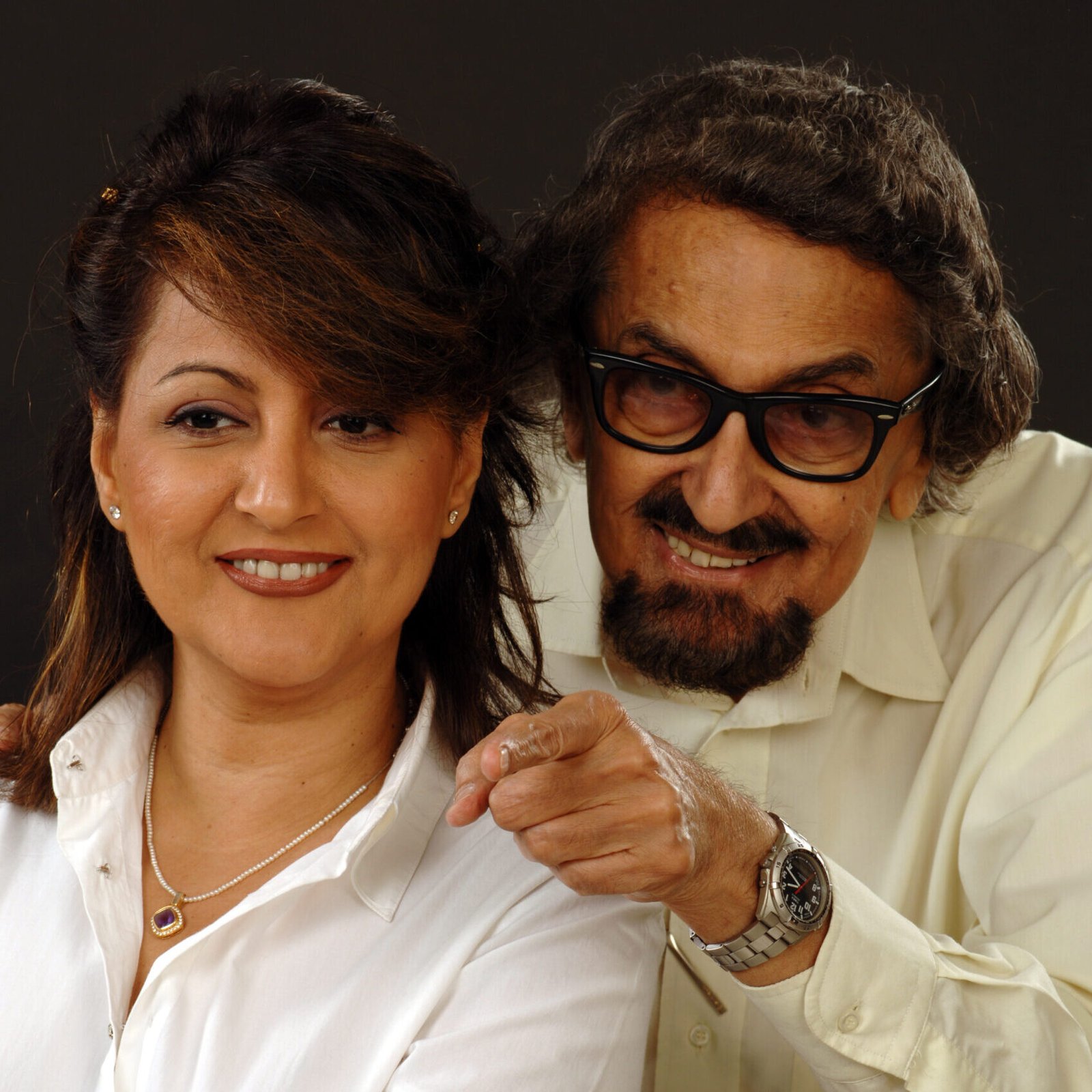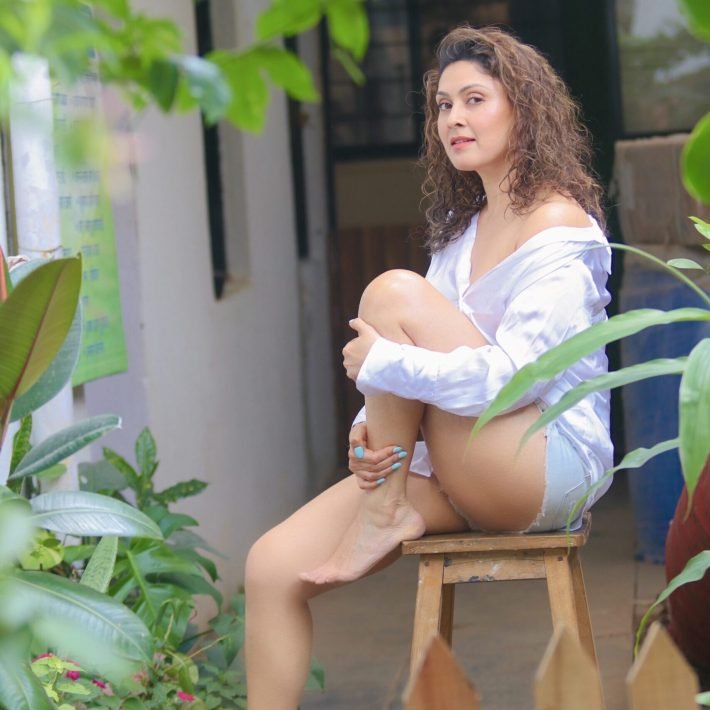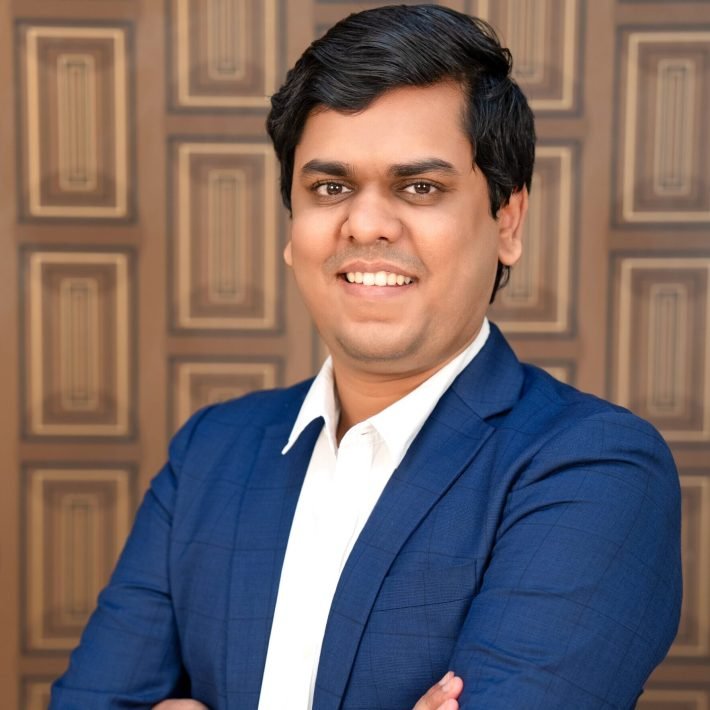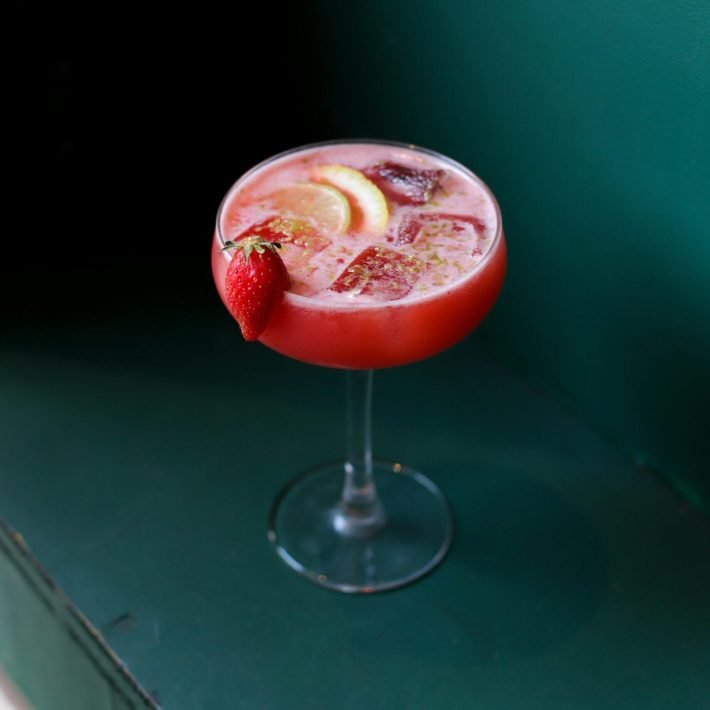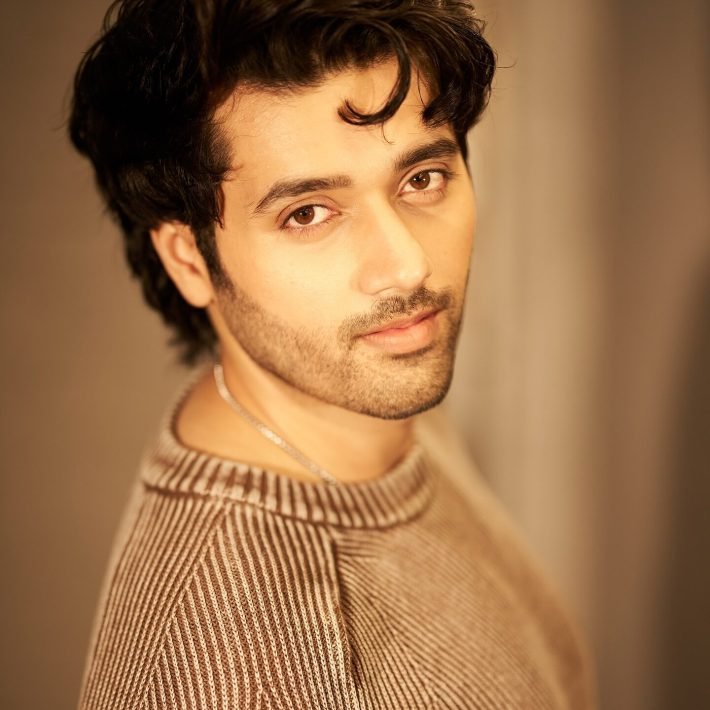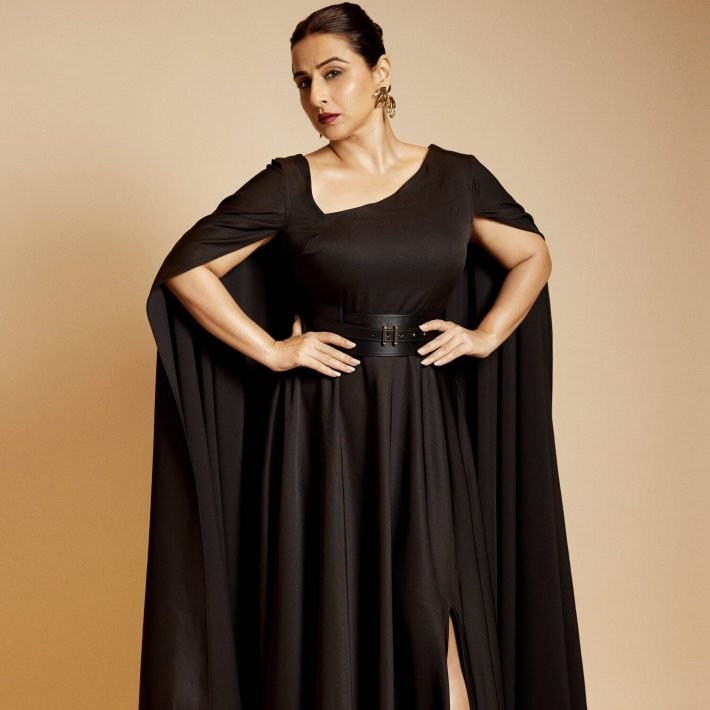Raell Padamsee brings alive a Shakespearean ode to her father, the legendary Alyque Padamsee, by reuniting stalwarts of Indian theatre under one evocative vision. With The Theatre Group Bombay’s revival, she reclaims a legacy with intimacy, passion and purpose.
By Nichola Marie
Raell Padamsee is a name synonymous with pioneering theatre in India, both as a torchbearer of an extraordinary legacy and as a visionary in her own right. Daughter of theatre legends Alyque and Pearl Padamsee, she has carved her own powerful path as a producer, director, and arts educator. From creating platforms for emerging talent to helming productions that stir thought and emotion, her commitment to the stage is both personal and profound. With the revival of The Theatre Group Bombay, she steps into a deeply nostalgic yet forward-looking chapter, one that blends memory, emotion, and the enduring magic of live performance.
Excerpts from the interview…
The upcoming Shakespearean tribute to Alyque Padamsee is a landmark moment. What inspired you to bring this vision to life, and why Shakespeare for this occasion?
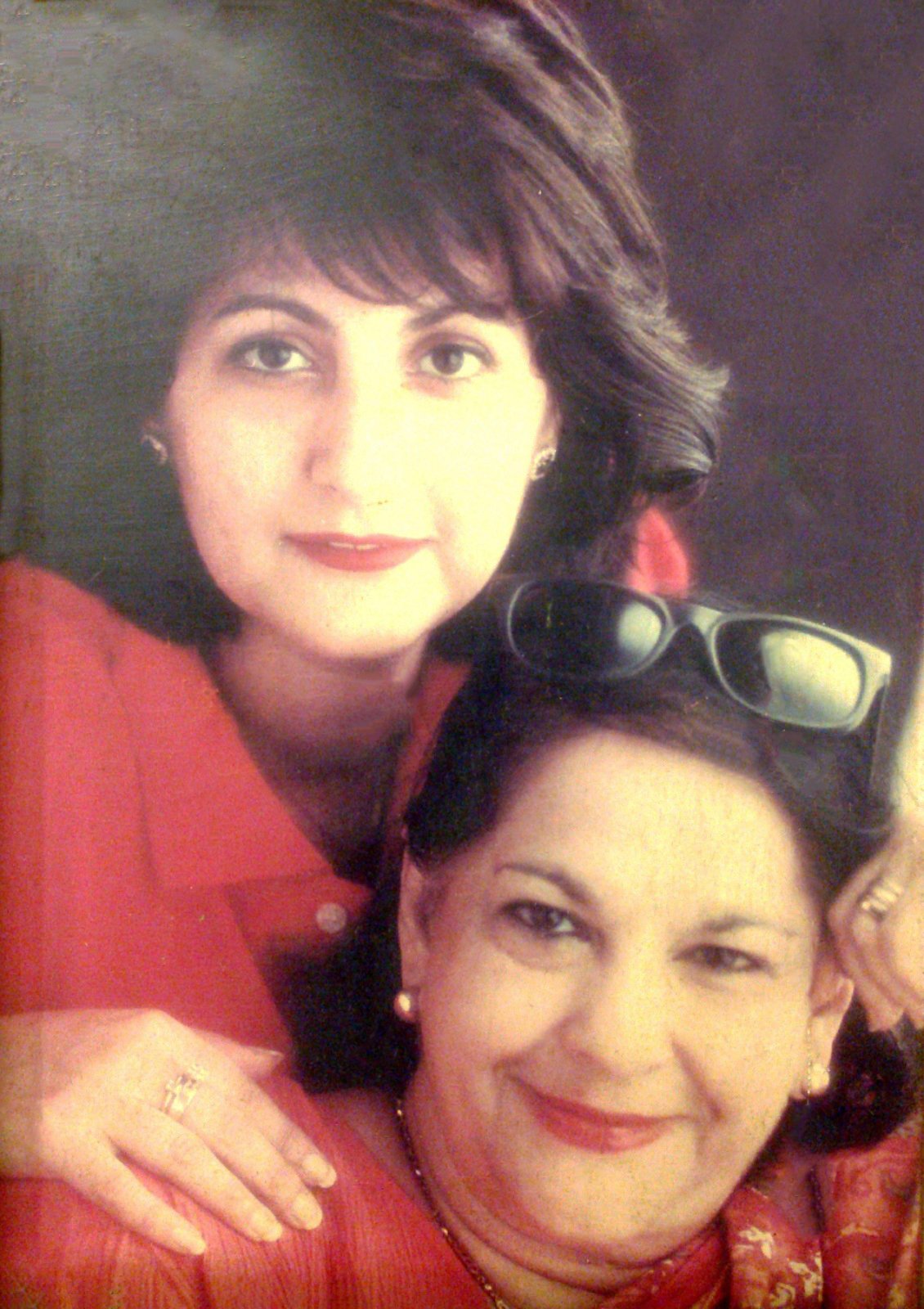
This tribute was born from a place of deep personal and artistic reverence. My father, Alyque Padamsee, had an abiding love for Shakespeare. He believed Shakespeare’s plays were timeless explorations of the human condition, universal, emotional, and deeply theatrical. What better way to honour him than with the Bard he so cherished? And to do so in collaboration with The Theatre Group of Bombay, an institution he helped define, makes it all the more meaningful. This is not just a tribute; it’s a revival, a rekindling of something iconic.
You’ve brought together an extraordinary cast, many of whom shared the stage with your mother Pearl and father Alyque. What was it like reuniting these theatre stalwarts under one roof?
It’s deeply moving, like turning the pages of history and stepping right into it. Sabira Merchant, Roger Pereira, Meher and Nosherwan Jehangir, Denzil Smith, Farid Currim, and Ronnie Screwvala were not just part of my parents’ artistic world, they built that world with them. They’ve carried stories, silences, memories, and years of craft within them. Reuniting them isn’t just about casting, it’s about reconnecting with a shared language of legacy and love.
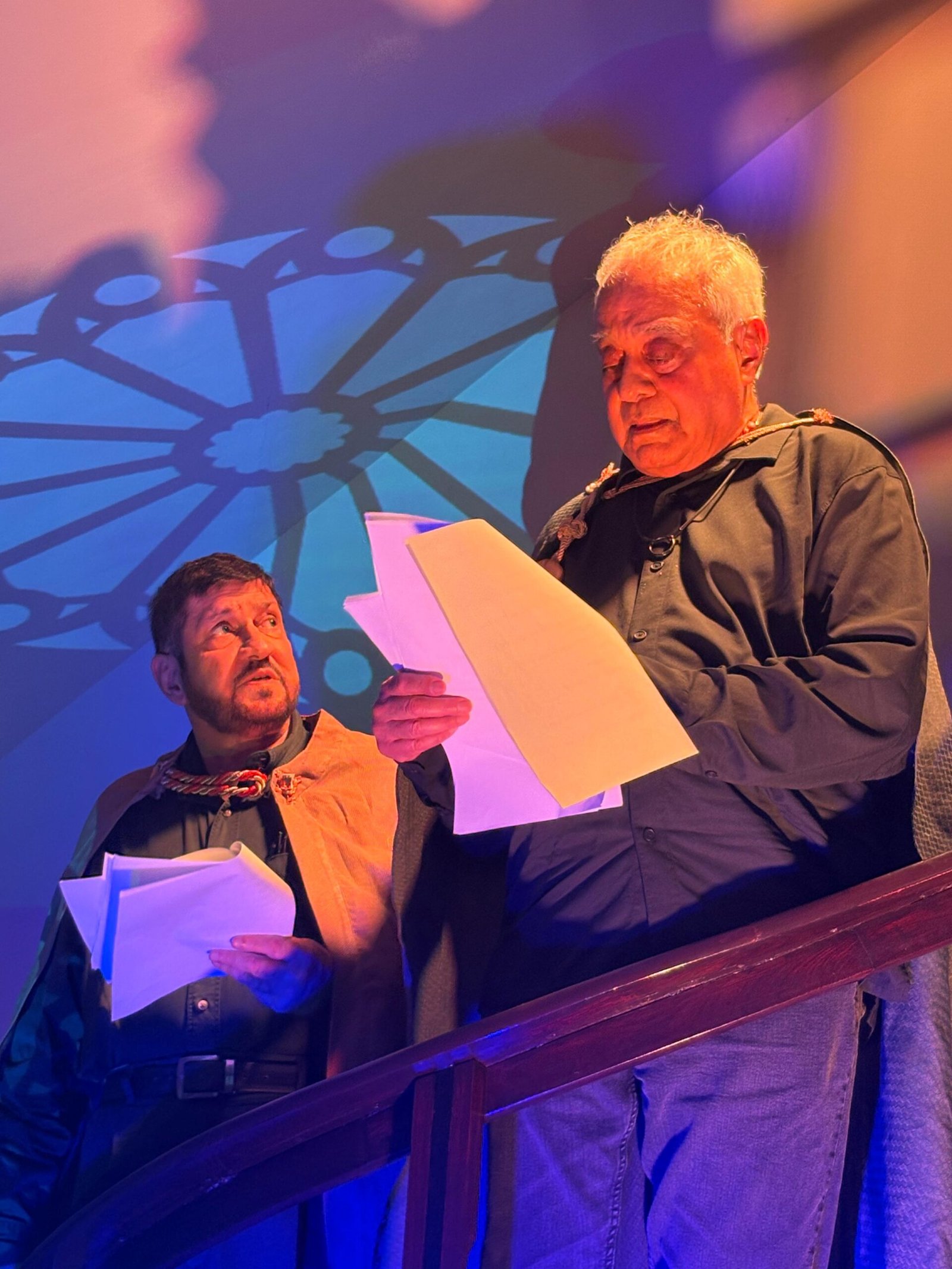
What’s truly special is that this is happening in Sabira’s home, on a grand staircase that feels almost poetic in its intimacy. It echoes the spirit of the early Theatre Group days, when rehearsals took place on terraces, furniture was borrowed, and passion replaced production budgets.
As I guide these performances, my role is not just as a producer or director, it’s as a bridge. I’m here to ensure the performances don’t just showcase brilliance, but resonate, especially with the next generation watching. It’s a rare and beautiful thing when legacy meets the present, and this reunion is exactly that.
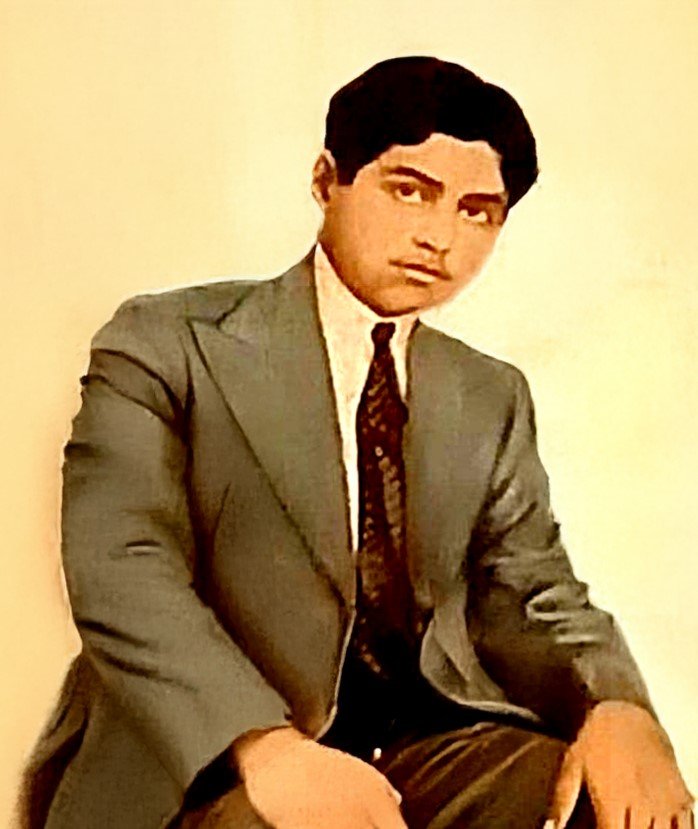
Theatre Group Bombay was born from sheer passion, Bobby Padamsee’s terrace-stage ‘Macbeth’ was a turning point. What emotions do you feel, relaunching the same group that redefined English theatre in India?
It’s a powerful, almost profound moment. The Theatre Group Bombay wasn’t just born, it was ignited by my uncle Bobby Padamsee’s fearless spirit. Imagine a time when Shakespeare was “for the British” – and here was a group of young Indians, performing ‘Macbeth’ on a college stage, introducing masked characters as conscience and weaving political undertones through the play. Bobby’s terrace at home, which is my home now, became the stage, saris became costumes, and borrowed furniture stood in for set pieces. That raw, uncompromising passion became the soul of this group.
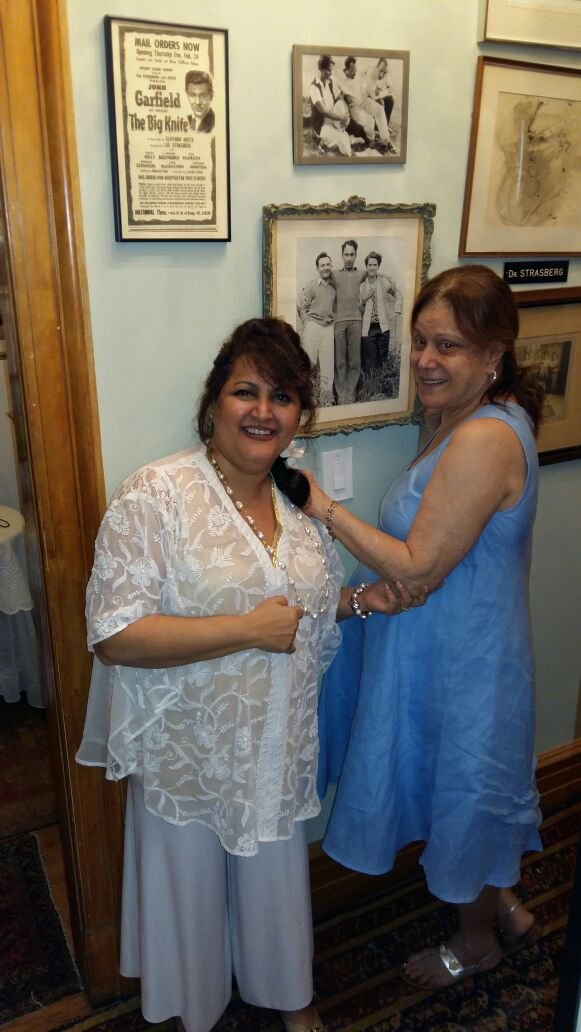
To relaunch Theatre Group Bombay today is to relight that flame, but with full awareness of the weight of legacy it carries.
How does it feel to carry forward the baton of a legacy so deeply intertwined with the evolution of Indian English theatre? What responsibilities and joys come with it?
It feels like both a gift and a calling. This legacy isn’t just mine, it belongs to a city, to its artistes, to its audiences. But yes, being Alyque and Pearl Padamsee’s daughter, the responsibility is intensely personal. I saw how my father built theatre from scratch, starting from the Dramatics Club at St Xavier’s College, rehearsing at Kulsum Terrace where sofas were pushed aside and my grandmother would feed a room full of actors, with love and pride, every evening post rehearsal. The cooking utensils were so enormous from feeding the whole cast, you could actually sit inside one of them!
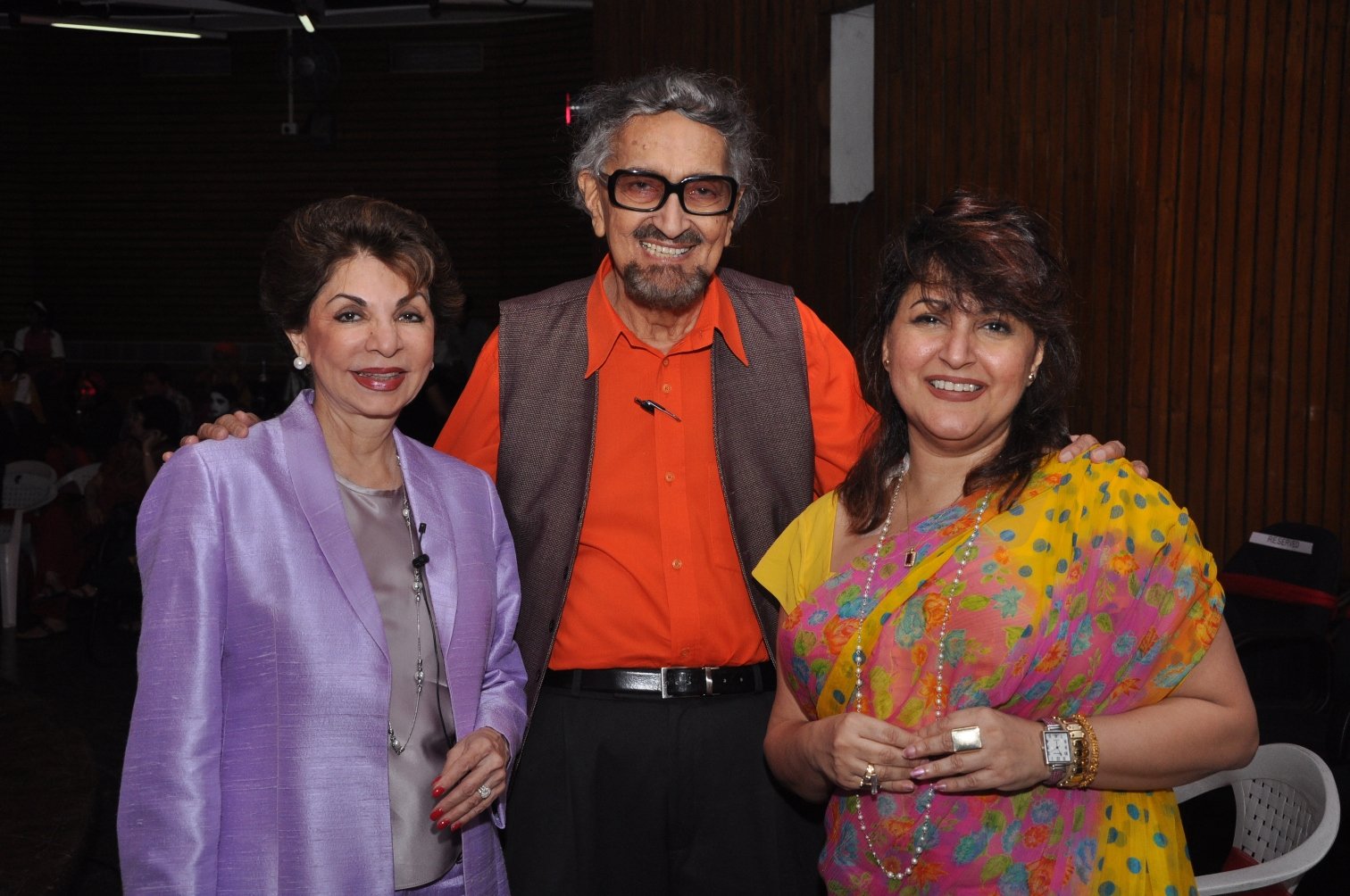
The joy lies in keeping that spirit alive, not in replicating it, but evolving it. It’s about nurturing young talent, telling new stories, but never forgetting the foundation we stand on. We took theatre into the next generation in a big way, reaching both mainstream and marginalised and challenging children across the city. We produce over 600 plays annually, each one a step toward growing that vision.
And legacy sometimes connects in the most unexpected ways. Bobby named ‘The Theatre Group’ as an homage to Lee Strasberg, the father of Method Acting, who ran the Group Theatre. Years later, I had the privilege of meeting Lee’s wife, Anna, and his sister, Victoria. I visited their home in New York, surrounded by incredible memorabilia from the 1940s, a world that mirrored the very time Bobby was forging his revolution here in Bombay (Mumbai). That moment reminded me how deeply interconnected our journeys in theatre can be, across continents and generations.
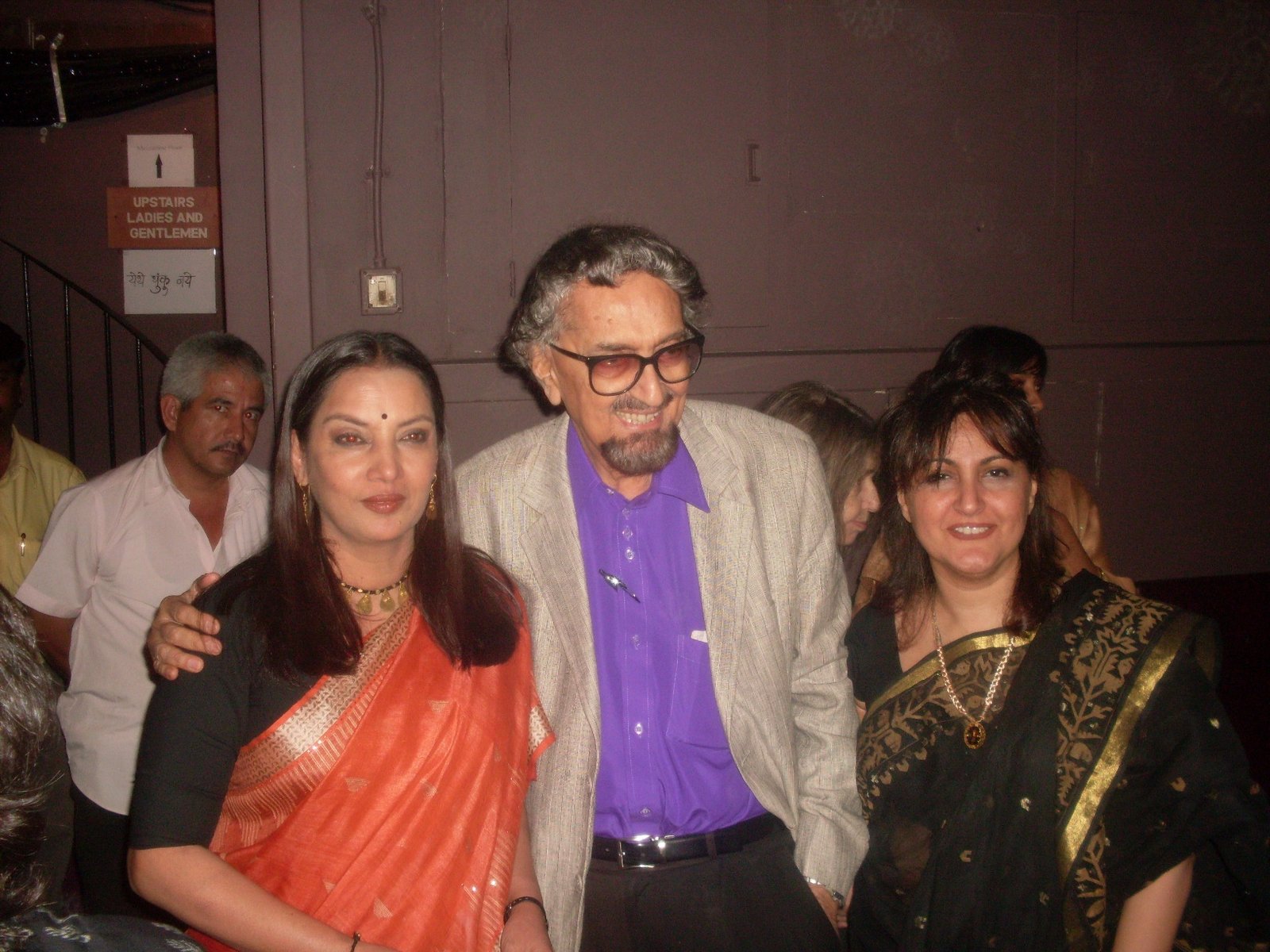
There’s a reason people still remember the productions of ‘Tarantula Tanzi’, ‘Evita’, ‘Godspell’, ‘Jesus Christ Superstar’, ‘Death of a Salesman’ and many more. I aim to ensure that the new generation gets to feel that magic too, that awe when the curtain rises, that connection when the lights go down, and that sense of belonging only the stage can give.
Alyque Padamsee was not just a legendary theatre figure but also your father. What’s one personal memory or piece of advice from him that continues to guide you in your creative journey?
There’s so much of him in everything I do, it’s hard to pick just one memory. But if I had to, I’d go back to something he said that captured his essence: “You can separate Alyque Padamsee from advertising, but you cannot separate him from the Theatre. If the Government of India ever decides to ban theatre, that’ll be the only time I’ll be tempted to emigrate. I could not live without theatre. It is my oxygen.”
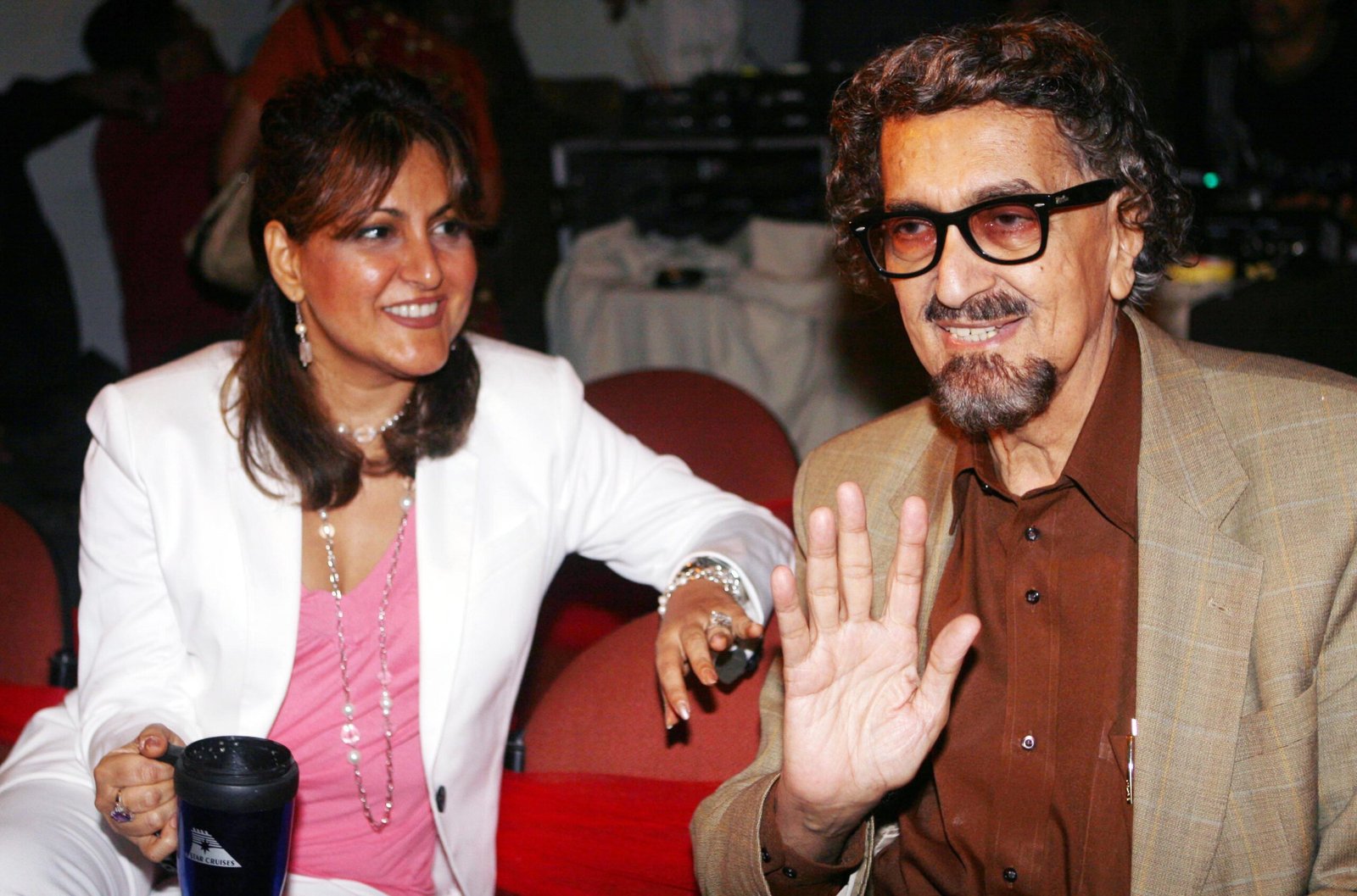
That wasn’t just a quote, it was his truth. I grew up watching him rehearse relentlessly, build shows from the ground up, push actors to discover their truth, and most importantly, move audiences deeply. His belief in the emotional power of theatre, to provoke, to comfort, to connect, continues to guide my choices, even today.
I remember when I was performing in August Strindberg’s ‘Miss Julie’, playing the title role, which demanded a huge amount of emotional vulnerability and anxiety. I just couldn’t tap into the feeling during rehearsals. And then, true to form, my father, knowing I had a fear of heights, asked me to climb a seven-foot-high bookcase and rehearse my lines from there. I was petrified. I have terrible vertigo. But there I was, trembling, delivering those intense lines from the top of a bookshelf. Method acting at its most terrifying, and most effective! It worked. That emotional recall, that rawness, it stayed with me through the final performance. It’s one of my fondest, most unforgettable memories of him.
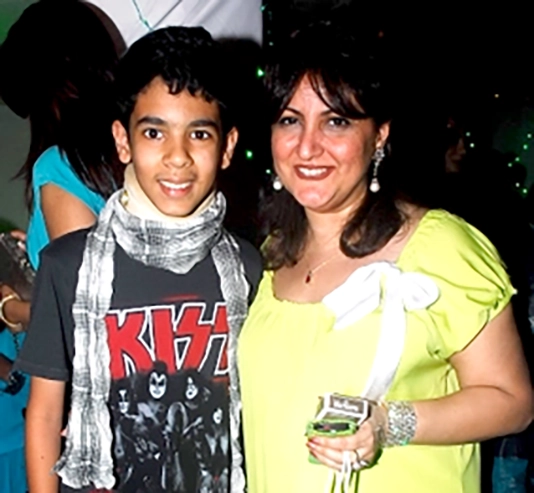
And it’s moments like these that remind me why theatre is so much more than performance, it’s personal, it’s transformative, and it’s legacy passed from one generation to the next.
The revival features some of Shakespeare’s most powerful scenes. How did you go about selecting the excerpts, and what can the audience expect from this eclectic evening?
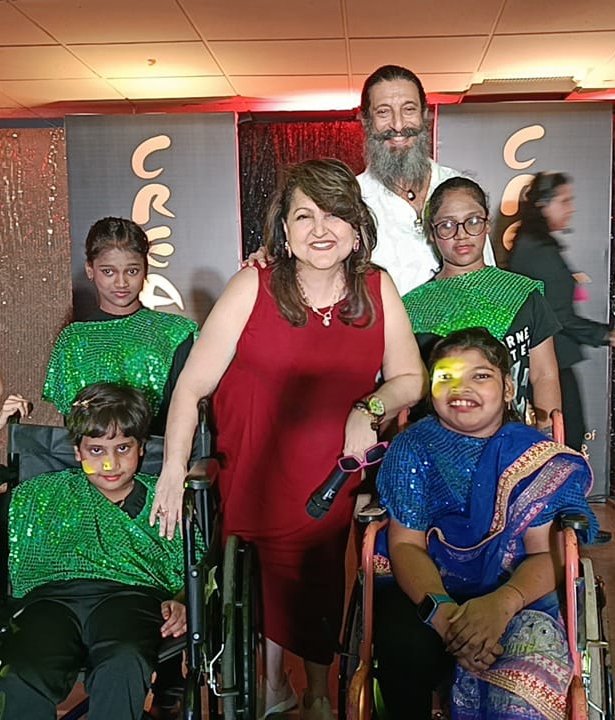
We were very intentional in our choices. The evening will feature powerful excerpts from ‘Macbeth’, ‘Othello’, ‘ The Taming of the Shrew’, ‘Julius Caesar’ and ‘The Merchant of Venice’. These pieces were selected for their emotional resonance and theatrical range. A lot of them were also Dad’s favourite pieces, which makes their inclusion all the more meaningful. And in a very special moment, we’ll be showcasing a video of my father, Alyque Padamsee, performing Shylock, a role he brought to life with such conviction. This is our way of bringing his voice and presence into the revival. After all, he played such a pivotal role in shaping the Theatre Group Bombay, honouring that legacy was non-negotiable.
English theatre in India was once inaccessible to Indians. Today, you’re leading its resurgence. How do you think the landscape of English-language theatre has evolved since those early days?
Theatre Group Bombay has always stood for bold storytelling. Today’s theatre is filled with fresh writing, boundary-pushing performances, and audiences who crave honesty and connection. From intimate venues to digital stages, the form is evolving, and that’s what makes it so alive.
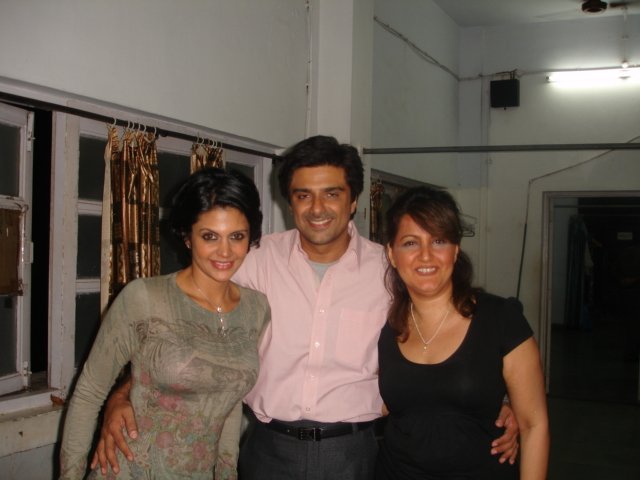
Being part of this movement, where legacy and innovation go hand-in-hand, is incredibly energising.
Theatre is often about imagination over resources, a lesson your family embodied from the beginning. How important is this spirit of resourcefulness and passion in today’s theatre scene?
It’s more important than ever. Today’s theatre-makers have to be creators, producers, marketers, and sometimes even their own technicians. The essence of the theatre hasn’t changed, it’s still about that magical connection between performer and audience. And that magic doesn’t need fancy sets or big budgets. It needs passion, and a reason to tell the story. That’s what this tribute is, a return to that raw, intimate space.
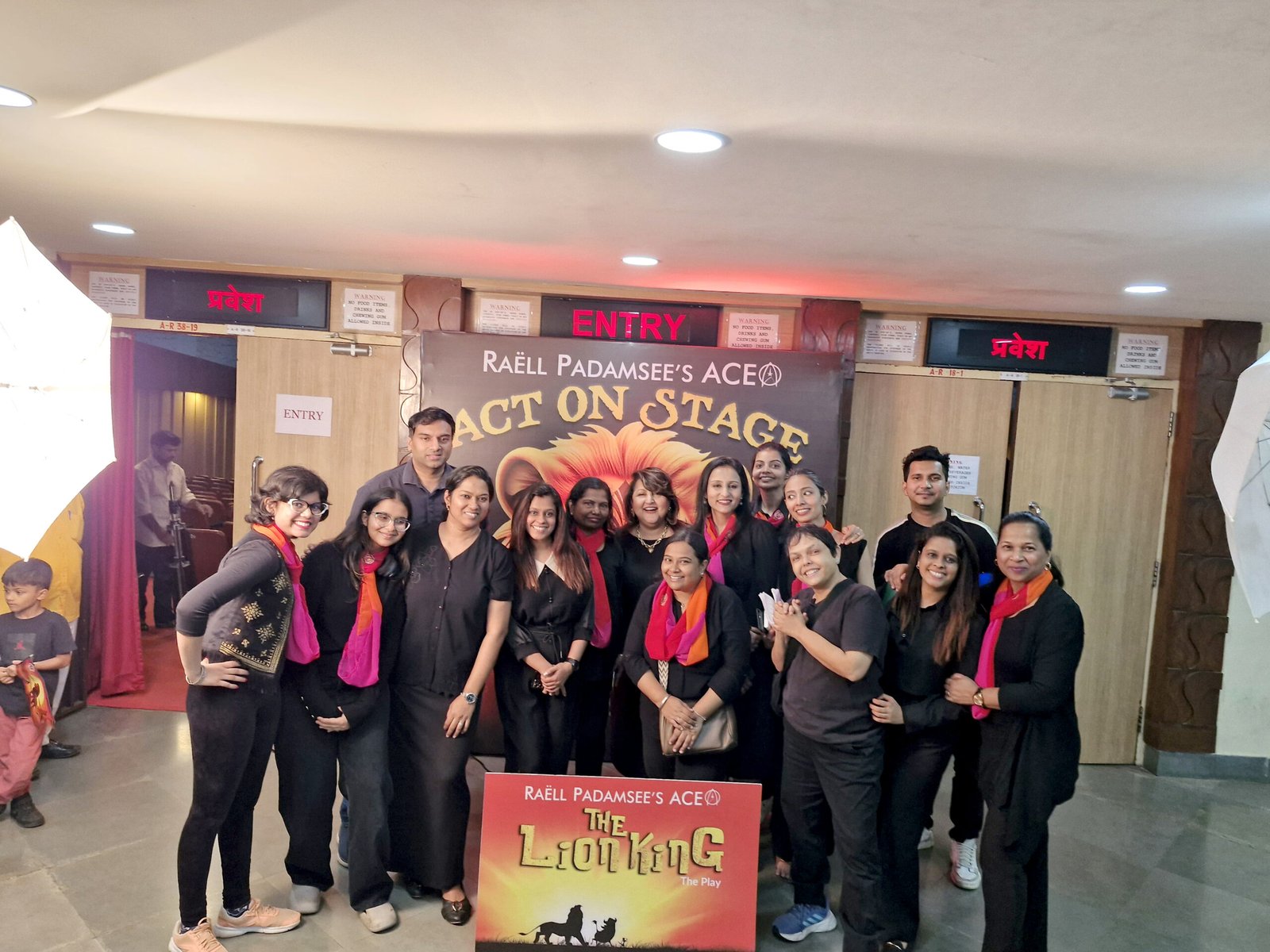
Looking beyond this tribute, what’s your vision for the future of Theatre Group Bombay? What kind of stories, talent, and formats do you hope to spotlight next?
My vision is to create a space that honours tradition while embracing innovation. I want Theatre Group Bombay to be a platform for new voices as much as for seasoned performers. We’ll explore classic and contemporary work, experiment with site-specific theatre, and perhaps even venture into multimedia formats. We also hope to expand into open theatre, workshops, and masterclasses for all, creating a more immersive and accessible environment for artistes and audiences alike.
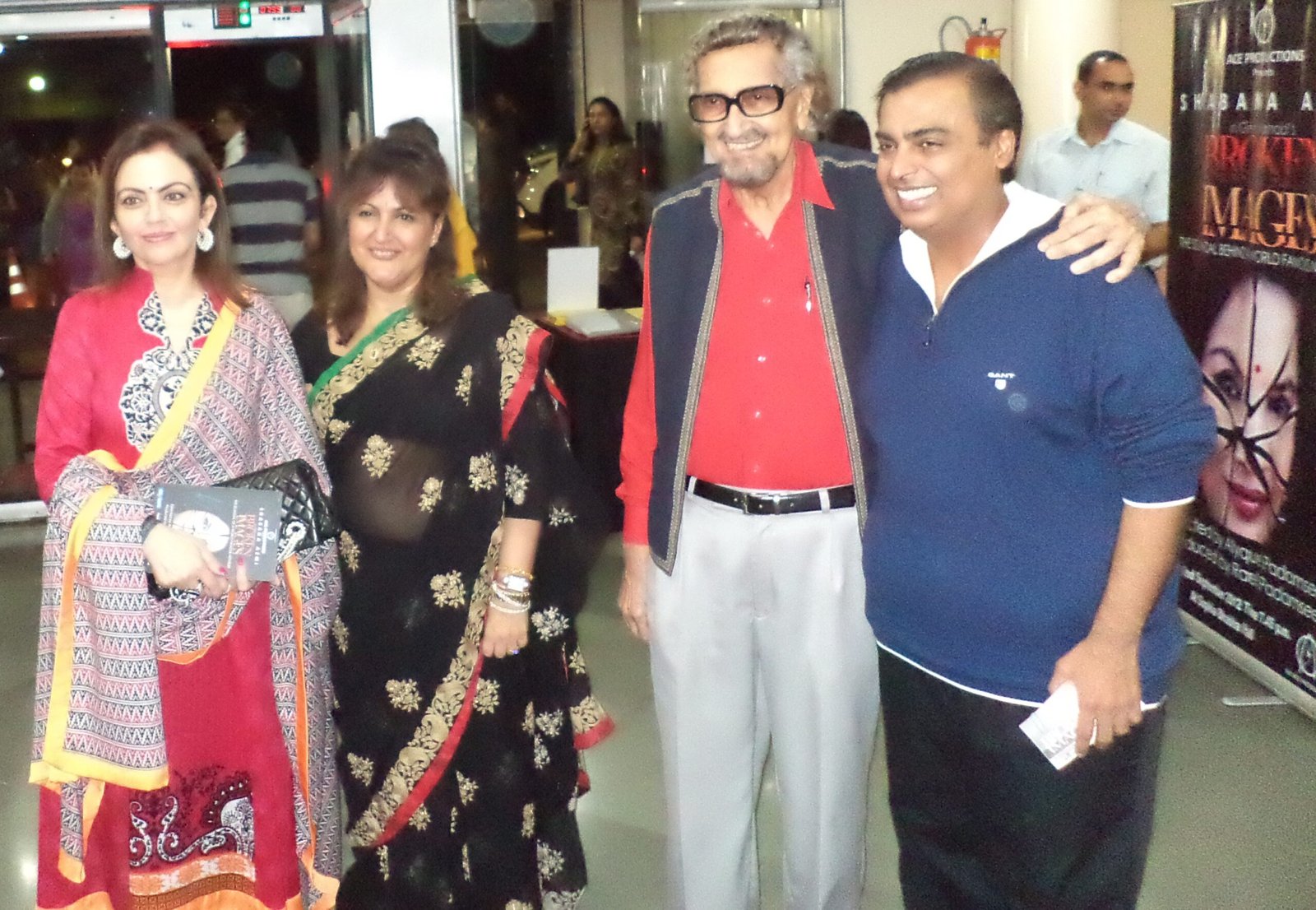
But above all, I want the work to feel alive and relevant. I’ll continue guiding performances not just from a directorial perspective, but by ensuring they emotionally connect with audiences. Theatre should always leave something behind, an idea, a feeling, a spark. That’s the future I want to build.
